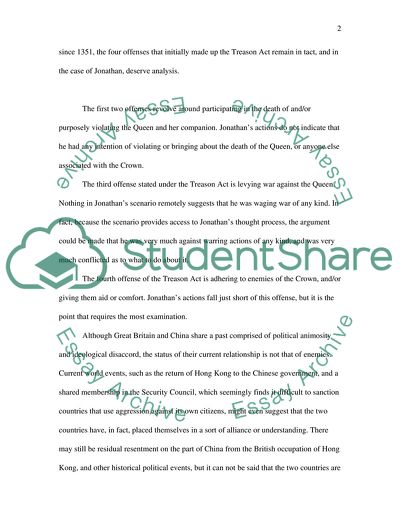Cite this document
(The Treason Act of 1351 Essay Example | Topics and Well Written Essays - 1500 words, n.d.)
The Treason Act of 1351 Essay Example | Topics and Well Written Essays - 1500 words. https://studentshare.org/history/1721436-treason-act-1351
The Treason Act of 1351 Essay Example | Topics and Well Written Essays - 1500 words. https://studentshare.org/history/1721436-treason-act-1351
(The Treason Act of 1351 Essay Example | Topics and Well Written Essays - 1500 Words)
The Treason Act of 1351 Essay Example | Topics and Well Written Essays - 1500 Words. https://studentshare.org/history/1721436-treason-act-1351.
The Treason Act of 1351 Essay Example | Topics and Well Written Essays - 1500 Words. https://studentshare.org/history/1721436-treason-act-1351.
“The Treason Act of 1351 Essay Example | Topics and Well Written Essays - 1500 Words”. https://studentshare.org/history/1721436-treason-act-1351.


